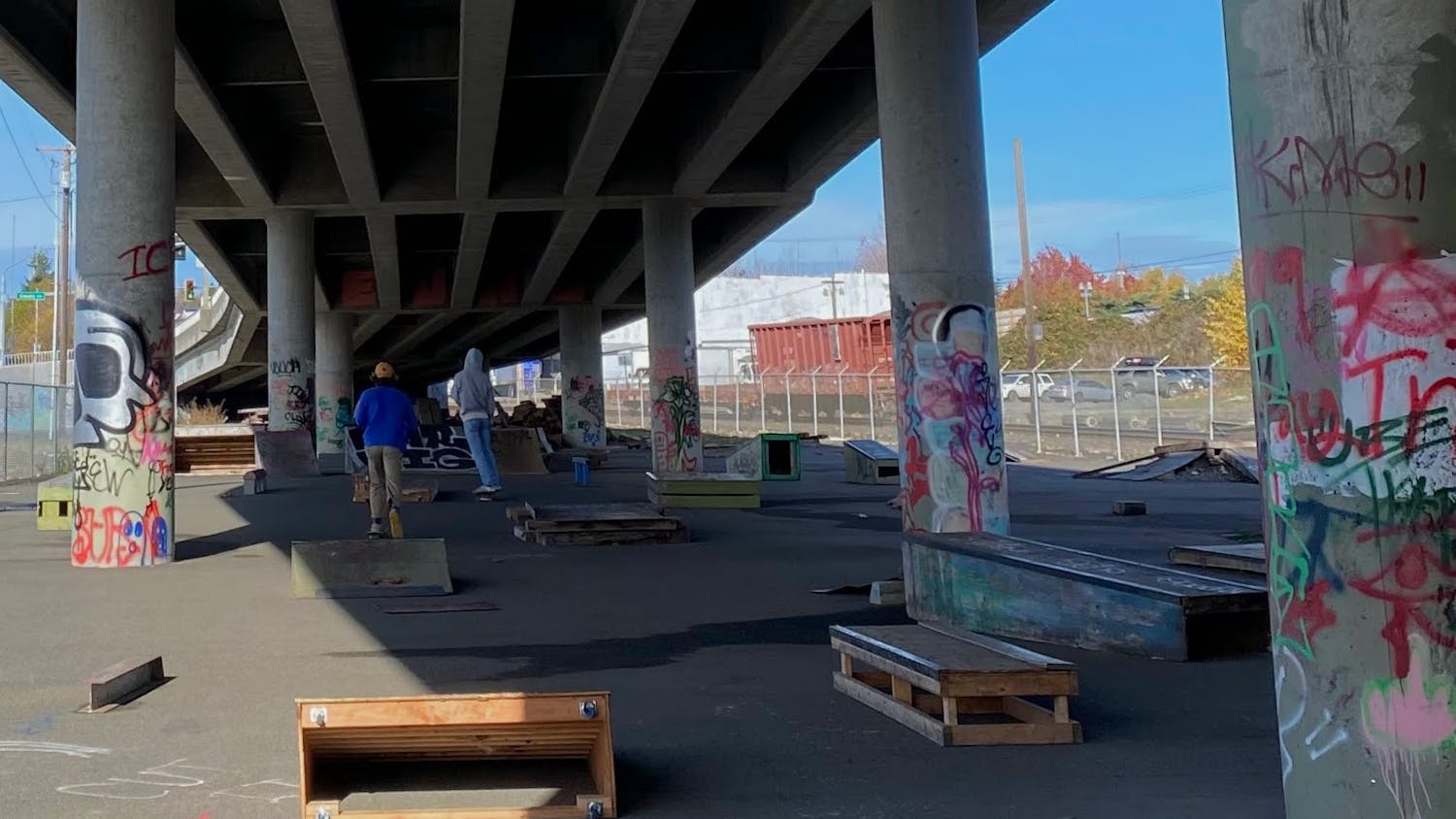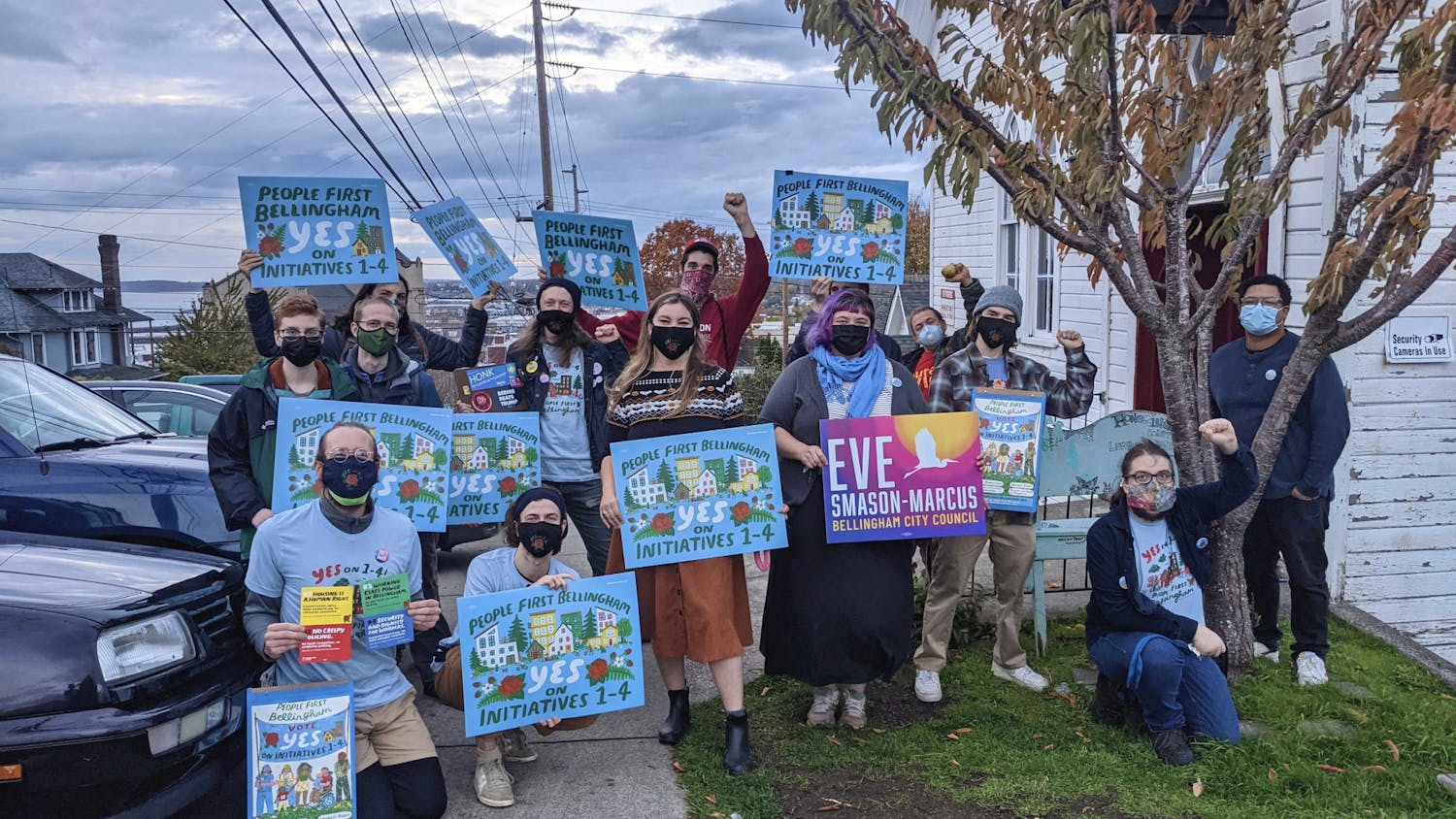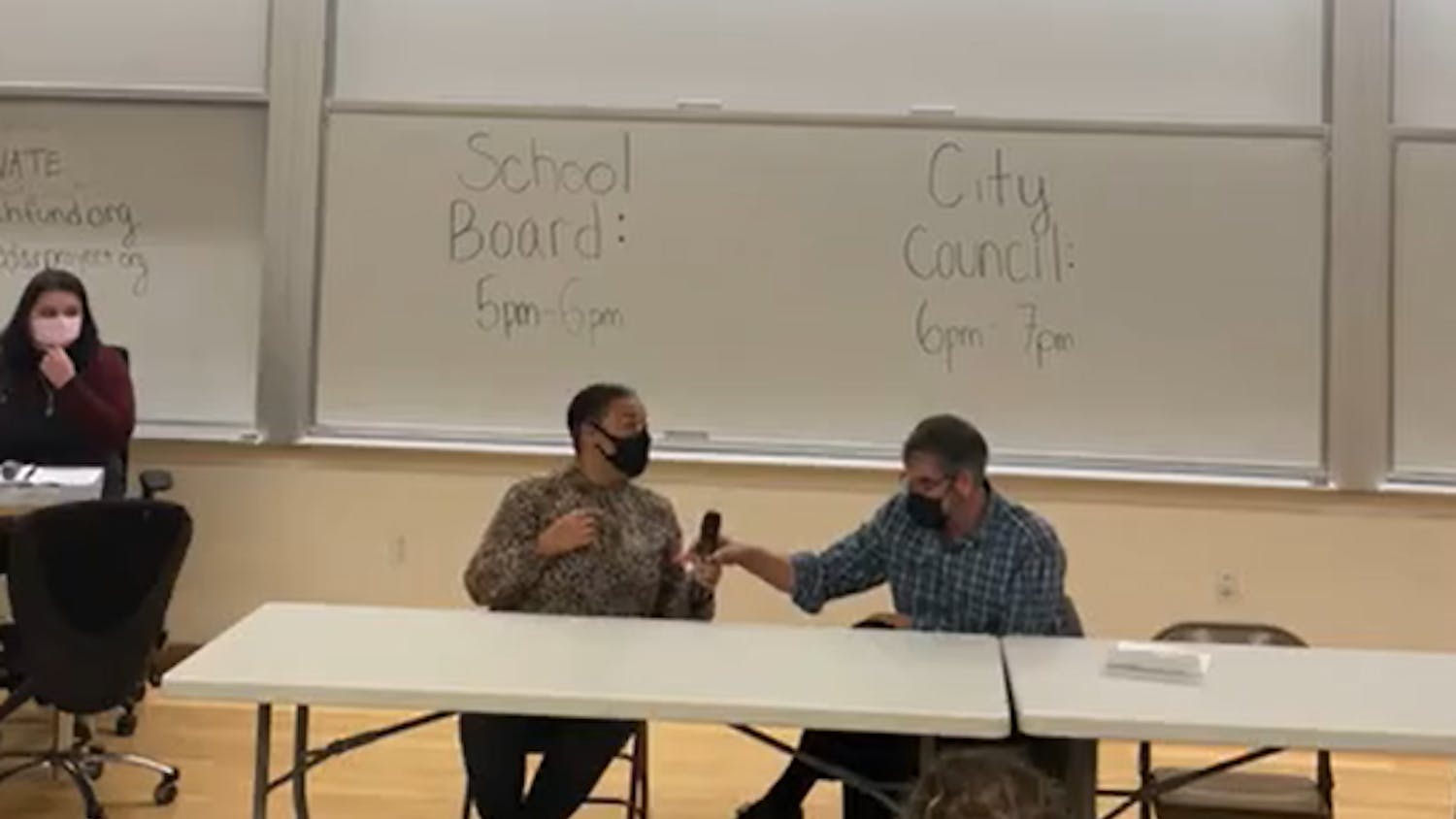All healthcare is not made equal, and for those in Bellingham, Washington struggling with houselessness, that disparity has become more grotesque during the prolonged COVID-19 pandemic.
The rules for attending appointments changed for everyone as guidelines determined the safest way to navigate around COVID-19. For most, this meant adapting, but for those without a house, this became another barrier.
“There are so many barriers,” said Melissa Gragg, executive director of Serenity Outreach Services. “And there are so many more since COVID-19 shut everything down.”
One of the many solutions to reducing the spread of COVID-19 was remote appointments, something that is just not possible for many, she said.
“How do you do a telehealth appointment when you have no access to the internet,” Gragg said.
Even a remote appointment requires privacy, and she said that is something congregate sheltering often can’t provide. The barriers are endless for those that lack proper funding or stable sheltering.
“Healthcare services in our society–like it or not–are for-profit,” Bellingham City Councilor Daniel Hammill said. “No one is incented to start a business and receive a 60% reimbursement.”
For-profit healthcare is always going to be a barrier for those without money, but he said the sort of national dialogue that is needed to change such a system is still at least a generation away. These sorts of changes take a lot of time, and the parties sit firmly divided on the matter of government run healthcare.
The systems in Bellingham have done their best to provide care for those struggling with physical and mental health issues throughout the pandemic. Many, like Perry Lee Parkins, find themselves fortunate to have access to the assistance available within the city.
“This is the first place I’ve ever been homeless in my life,” Parkins said. “And I think I got rather lucky it happened here.”
He said he’s heard stories about other places and just how little they offer in assistance for those going through similar issues as him.
“[At Base Camp] there’s a lady that jumps in, Jennifer Elliot, she’s the doctor who comes in once a week,” he said. “I don’t know anybody else that does that; doctor’s don’t make house calls anymore.”
Gragg said she feels that the people working in medical care are doing the best they can with the funding and manpower that they have.
“There are good people out there,” Gragg said. “They are just understaffed, and their budgets are usually stretched so thin you can see through it.”
She said the biggest thing holding healthcare back is a lack of funding and staffing.
“Better funding, more staffing in support roles and patient advocates is where I would start,” she said.
Hammill said he thinks the city and county are doing things right, it’s just a matter of needing more help.
“We need more help from State and Federal governments,” he said. “Bellingham can not go into debt or print money, but the Federal government can do both.”
He said the federal government has the authority to provide resources and balance a budget over several years which is something cities don’t have the power to do.
Without additional support from the federal level, or an overhaul of our system altogether, healthcare will buckle under the weight of the people’s needs.
Chauncey Gummere (he/him) is one of the city news reporters for the Front this quarter. He is a third-year, majoring in Journalism with an emphasis on Public Relations. Chauncey’s most recent writing accomplishment was free-lancing for an Australian gaming company.






